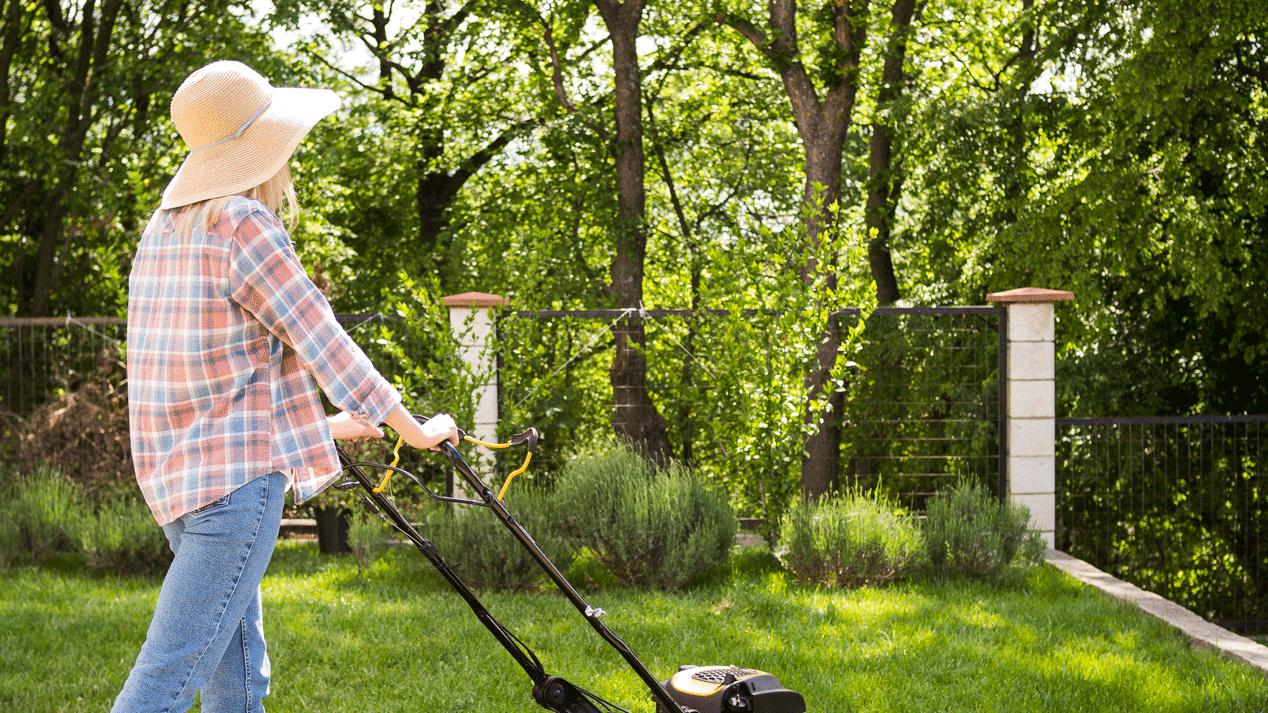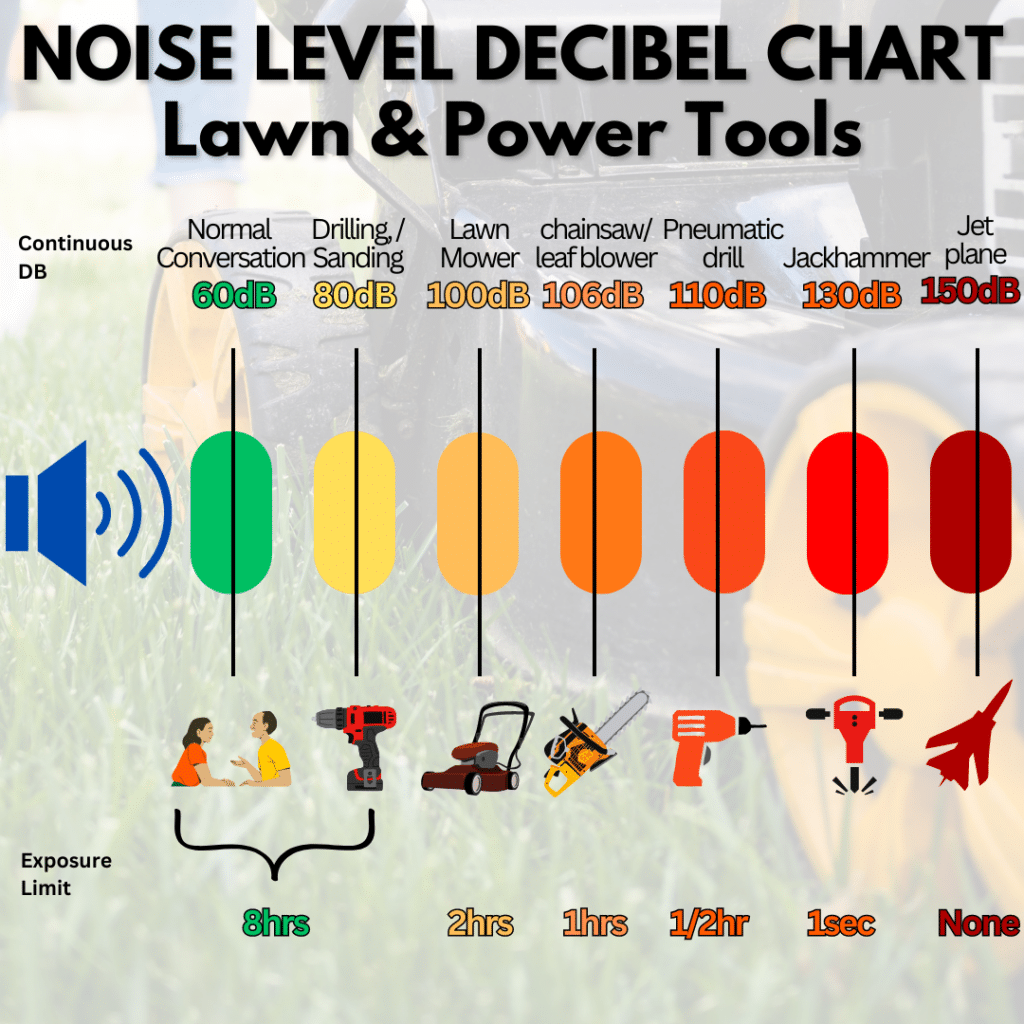
Springtime is a much-awaited season for those tired of the cold weather. However, it comes with its own set of risks despite its beauty. As the temperature rises, people tend to go outdoors for spring activities without considering the risks to their hearing health as the seasons change.
Exposure to loud sounds from lawnmowers and chainsaws or environmental hazards like strong winds and water can pose severe threats to hearing health if appropriate precautions are not taken. To help you fully participate in spring activities while protecting your hearing, we have prepared a helpful guide outlining the four most common hearing health risks and tips to make the most of the season.
Loud outdoor activities
Now that the weather is nice, you might work in the shop or the yard. Many tools and equipment, such as lawnmowers, chainsaws, drills, and more, can harm one’s hearing. Proper protection for your vision and hearing is essential when operating any machine.
Long-term exposure to many of these sounds can cause noise-induced hearing loss and in many cases, pertinent hearing loss.
Wear well-fit earplugs and remove hearing aids when working with these tools and machines.

Prolonged water exposure
Have you ever experienced Swimmer’s Ear? It is caused by prolonged water exposure that traps liquid inside your ears, leading to an infection that can cause symptoms like ear pain or muffled hearing. Preventing this condition is essential, and you can do so by practicing good hygiene after getting your ears wet. Tilt your head to one side and dry your ears with a clean towel. You can also wear earplugs when swimming or engaging in water activities.
If you wear hearing aids, removing them before swimming or protecting your ears with a hat or headband during rain is best. After use, lay your hearing aids out to dry or use a hearing aid dryer. Earplugs can prevent water from entering your ears, but they are not always practical. Remember to remove them after swimming and let your ears dry to prevent infections from developing.:

Seasonal allergies
As part of its protective function against threats, histamine can cause an increase in mucus production. This excess mucus can accumulate in the middle ear, obstructing the passage of sound waves to the inner ear’s hearing center. The build-up of fluid in the Eustachian tube may also cause pressure and a sensation of clogged ears, similar to when you experience changes in altitude, such as when flying.
Thankfully, antihistamines, such as Allegra, Claritin, and Zyrtec, can help reduce the symptoms caused by allergies, including those correlated to hearing.
The severity of allergy symptoms and excess fluid accumulating in the ear may increase the risk of developing an ear infection. Untreated ear infections can cause conductive hearing loss and have long-term effects on your hearing.

Hearing aid spring-cleaning
Spring is a perfect time to thoroughly clean your hearing aids to ensure they function at their best. Dirt, debris, and earwax can accumulate on hearing aids over time, causing issues like reduced sound quality, discomfort, and even device malfunctions. Cleaning your hearing aids regularly can help prevent these issues and extend the life of your devices.
To clean your hearing aids, start by wiping them down with a soft, dry cloth to remove any surface debris. Next, use a specialized cleaning tool or brush to gently remove dirt or wax buildup from the device’s sound outlet, microphone, and other areas. Avoid using water or cleaning solutions unless they are specifically designed for hearing aids, as they can damage the delicate components of your devices.
It’s also important to have your hearing aids professionally cleaned and serviced at least once a year. During a professional cleaning, an audiologist or hearing aid specialist will disassemble your devices and clean and inspect all components for wear and damage. They can also perform necessary repairs or adjustments to ensure your hearing aids work at their best.
Protecting your hearing health is crucial, especially in the spring when we’re often exposed to various noises and seasonal habits. By taking care of your ears and being mindful of your surroundings, you can enjoy all the wonders of the season without compromising your hearing. So, don’t wait any longer—prioritize your hearing health this spring and keep it safe for years to come!
